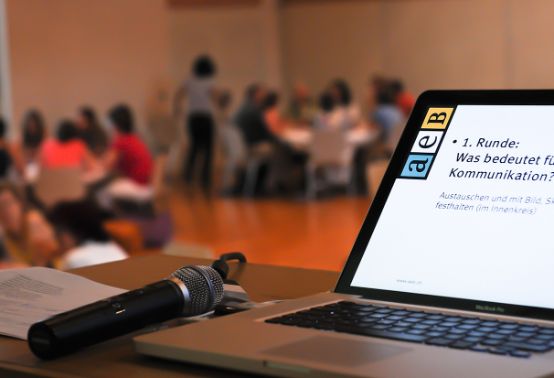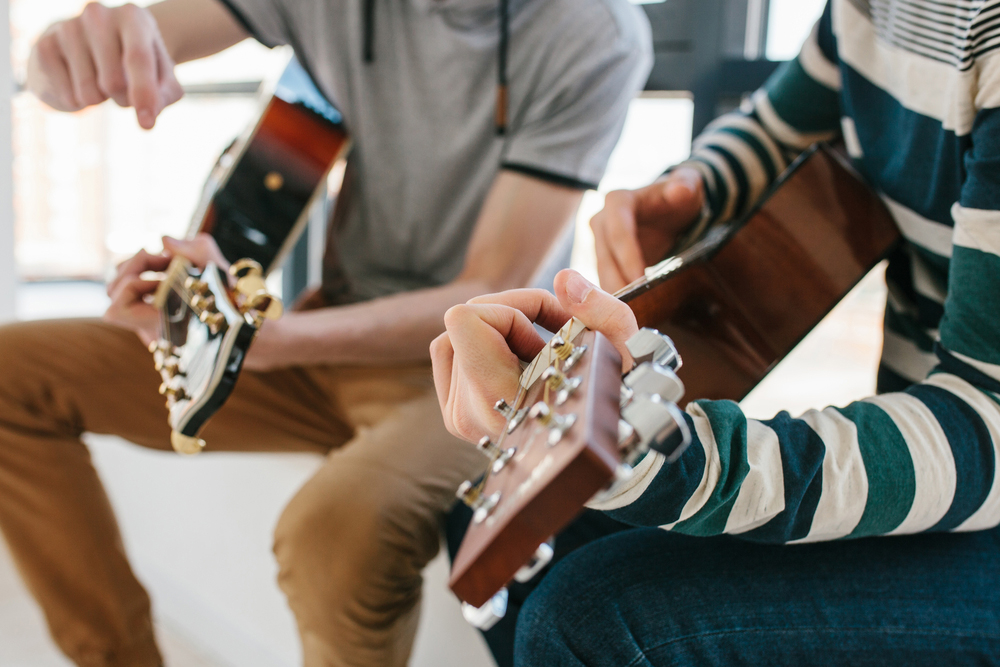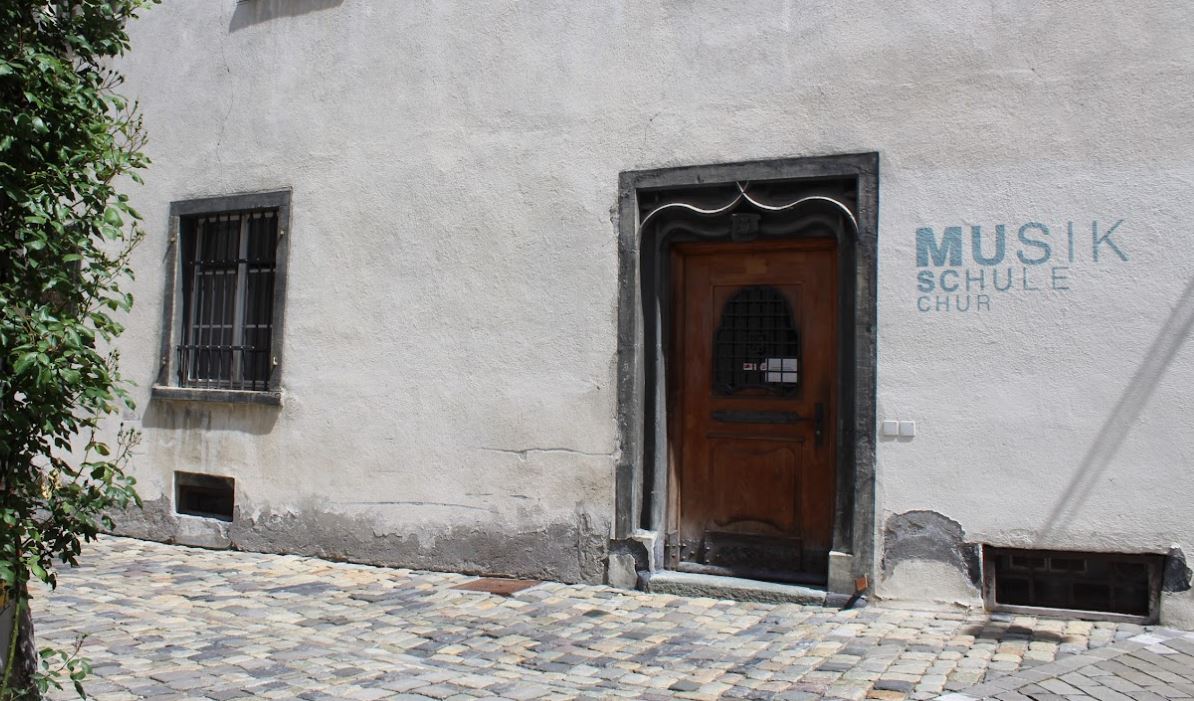Image boost thanks to collaboration
The music schools of the cantons of Nidwalden, Obwalden and Uri have been running joint further training courses for their teachers for 20 years. This has proved successful in every respect.

The motto "lifelong learning" also applies to music teachers. In 1990, the music school management in Nidwalden came to the unanimous conclusion that continuous further training was essential for their teaching staff. As the courses on offer at the time did not adequately meet the needs of the teachers or the music schools, they organized a first course themselves. At the end of August 1991, the participants spent a whole day on the subject of practicing. Peter Schwarzenbach, who together with Brigitte Bryner wrote the book Üben ist doof (Practicing is stupid), which is now in its seventh edition, was engaged as the course leader and speaker.
After this successful first attempt, further courses were organized every year. Cooperation with the music schools in Obwalden began in 1995 and with the music school in Uri in 2008.
The current training concept is based on three pillars:
- Own courses: These are organized by music schools in the participating cantons. They are free of charge for participants.
- Further education courses at elementary school: The offer is also available free of charge to music teachers.
- Courses from other providers: Contributions are paid to these in proportion to the respective teaching workload.
Each music teacher is free to put together their own course program. Four days of further training are required within two years. At some music schools, this obligation is included in the employment contract. One participant summarizes the personal benefit as follows: "Even if I don't implement what I've heard and learned one-to-one in my lessons afterwards, I always get new impulses and ideas on how I could develop and improve." Others say that there is often not enough time to implement new ideas in the classroom, but they are still grateful for the impulses.
Firmly anchored training day
The annual training day has become a fixed and indispensable part of the training program. It has been held since 1991 and takes place in the first week of school. As most music schools do not start lessons until the following week, this timing is very convenient for the teachers' work situation. The day is a suitable introduction to the new school year, a "warm-up", as one participant calls it. It is also very much appreciated because it offers the opportunity to get to know professional colleagues and exchange ideas with them.
Particularly in the initial phase, workshops were offered on questions that were relevant for all teachers as well as for very specific subject groups. In recent years, the training day has mostly been dedicated to a specific topic, for example: Swiss folk music, How do children learn to make music, Music lessons: What does the brain think about it, From child to young adult - approaches for music lessons.
It is obvious that a lot can only be thought about in a single day and not internalized enough. "Unfortunately, at least for me, you soon forget a lot of what was said. The documents often just lie in a drawer," says one participant. "You would have to keep at it every day, just like when practicing! Perhaps a revision course should be offered every few months for each topic. This could be a half day, for example, in which interested teachers could attend prepared for the respective topic. I would also be interested in the possibility of choosing an annual topic instead of the annual training day and working on this throughout the year (three to four times) in the form of small group sessions."
Depending on the response, follow-up and in-depth courses are already being developed, which will take place over the course of the school year.
Positive experiences
The close cooperation between the three cantons has proved very successful over the years. The first major advantage is that significantly more courses can be offered than would be possible if the three cantons were to go it alone. It is also not surprising that all the advertised courses can usually be held, often more than once, because there are enough interested parties. This means that - another plus point - the available financial resources can be put to excellent use. Of the total annual expenditure of around CHF 15,000, each of the 14 music schools ultimately only has to make a small contribution.
Over the years, the joint training program has also initiated cooperation at other levels. For example, the Rotary Music Prize is awarded every two years in the cantons of Nidwalden and Obwalden. When the Swiss Association of Music Schools was restructured into an umbrella organization a few years ago, the founding of a joint regional association was an undisputed and quickly decided matter. And finally, the cooperation has also contributed to an improved image with the authorities.
A major challenge for the working group is the constant search for new topics. However, this is also an exciting task that constantly triggers developments and opens up new territory.
Urban Diener
... runs the Stans Music School
Photo: Stefan Möckli








